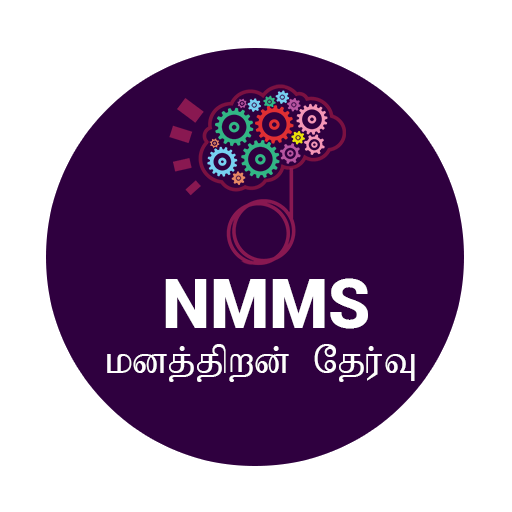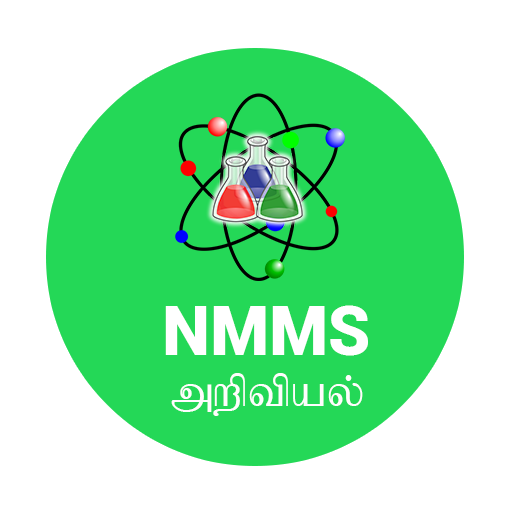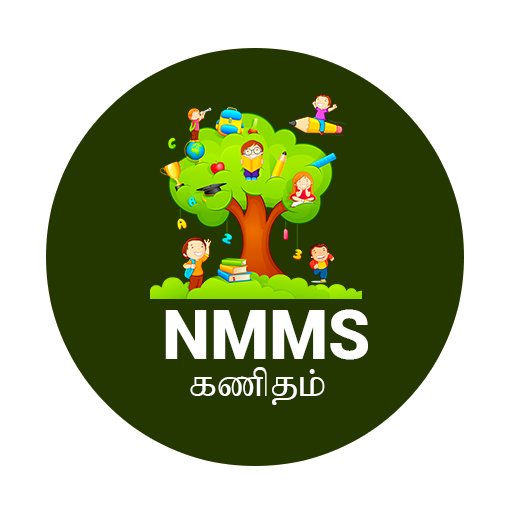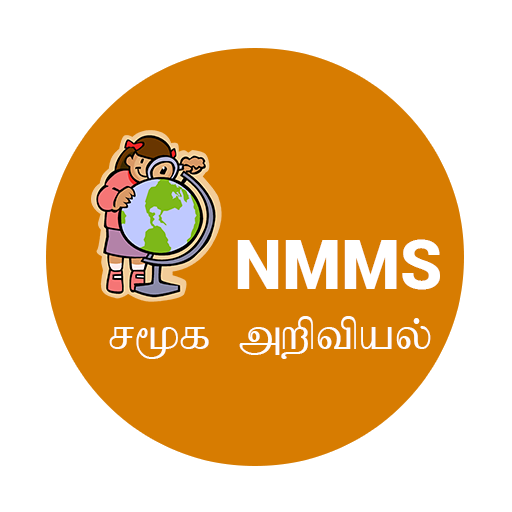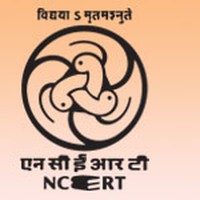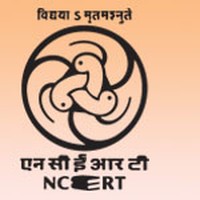

General English - General Grammar and Vocabulary Usage
Exam Duration: 45 Mins Total Questions : 30
Most of the trains usually ______ late
- (a)
come
- (b)
are coming
- (c)
have come
- (d)
will come
He was going __________ the newspaper.
- (a)
in
- (b)
on
- (c)
through
- (d)
of
The carpenter ____________ a screw-driver.
- (a)
asked about
- (b)
asked for
- (c)
asked of
- (d)
asked on
India will become ___ super power shortly.
- (a)
a
- (b)
an
- (c)
the
- (d)
some
After half-an hour, the rains ceased
- (a)
seized
- (b)
seizure
- (c)
stopped
- (d)
reduce
On seeing the police, the thief started...................
- (a)
run
- (b)
runs
- (c)
running
- (d)
is running
We have plenty of time.
- (a)
hasn't we?
- (b)
have we?
- (c)
haven't we
- (d)
do we?
It is not easy ........... all people.
- (a)
pleasing
- (b)
to be pleased
- (c)
pleasing
- (d)
to please
It is....... one-act play
- (a)
a
- (b)
an
- (c)
the
- (d)
no article
Select the Correct Sentence
- (a)
The prize amount was divided among the two.
- (b)
The prize amount was divided in between the two.
- (c)
The prize amount was divided for the two.
- (d)
The prize amount was divided between the two.
Select the correct verb form
- (a)
experiment
- (b)
experimental
- (c)
experimentation
- (d)
experimenter
Select the Correct Sentence
- (a)
To drink and drive is dangerous
- (b)
To drink and drive are dangerous.
- (c)
To drink and drive be dangerous.
- (d)
To drink and drive are in dangerous.
Select the correct verb form
- (a)
clearance
- (b)
clearing
- (c)
clarify
- (d)
clear
Parliament
- (a)
parliamentarian
- (b)
parley
- (c)
parliamentary
- (d)
parleyed
Season
- (a)
seasoning
- (b)
seasoned
- (c)
seasonable
- (d)
seasonal
Day
- (a)
days
- (b)
dais
- (c)
daies
- (d)
daysis
Can you agree ......my proposal?
- (a)
to
- (b)
too
- (c)
with
- (d)
into
I am angry ...........what you have said.
- (a)
with
- (b)
at
- (c)
for
- (d)
of
Choose the correct option/meaning of proverb/idiom; if there is no correct option/meaning, E (i.e.) 'None of these' will be the answer.
To hit the nail right on the head
- (a)
To do the right thing
- (b)
To destroy one's reputation
- (c)
To announce one's fixed views
- (d)
To teach someone a lesson
- (e)
None of these
MINOR
- (a)
Big
- (b)
Major
- (c)
Tall
- (d)
Heavy
In the following questions, four alternatives are given for the idiom/phrase italicised and underlined in the sentence. Choose the alternative which best expresses the meaning of idiom/phrase
Turban is in vogue in some communities.
- (a)
in fashion
- (b)
out of use
- (c)
vaguely used
- (d)
never used
He abandoned his family.
- (a)
supported
- (b)
encouraged
- (c)
pleased
- (d)
saved
The commission took two years to go through the massive collection of files and documents before preparing its report.
- (a)
meagre
- (b)
heavy
- (c)
light
- (d)
short
The assault on the purity of the environment is the price that we pay for many of the benefits of modern technology. For the advantage of automotive transportation, we pay a price in smog-induced diseases; for the powerful effects of new insecticides, we pay a price in dwindling wildlife and disturbances in the relation of living things and their surroundings; for nuclear power, we risk the biological hazards of radiation. By increasing agricultural production with fertilizers, we worsen water population.
The highly developed nations of the world are not only the immediate beneficiaries of the good that technology can do that are also the first victims of environmental diseases that technology breeds. In the past, the environmental effects which accompanied technological progress were restricted to a small and relatively short time. The new hazards are neither local nor brief. Modern air pollution covers vast areas of continents: Radioactive fallout from the nuclear explosion is worldwide. Radioactive pollutants now on the earth surface will be found there for generations, and in case of Carbon-14, for thousands of years.
According to the passage, the increasing use of fertilisers is responsible for
- (a)
abundance of food
- (b)
disturbance in the ecological system
- (c)
water pollution
- (d)
increase in diseases
The world dismisses curiosity by calling it idle or mere idle curiosity even though curious persons are seldom idle. Parents do their best to extinguish curiosity in their children because it makes life difficult to be faced everyday with a string of unanswerable questions about what makes fire hot or why grass grows. Children whose curiosity survives parental discipline are invited to join our university. With the university, they go on asking their questions and trying to find the answers. In the eyes of a scholar, that is what a university for. Some of the questions which the scholars ask seem to the world to be scarcely worth asking, let alone answering. They asked questions too minute and specialised for you and me to understand without years of explanation. If the world inquires of one of them why he wants to know the answer to a particular question he may say especially if he is a scientist, that the answer will in some obscure way make possible a new machine or weapon or gadget. He talks that way because he knows that the world understands and respects utility.
But to you who are now part of the university, he will say that he wants to know the answer simply because he does not know it, the way the mountain climber wants to climb a mountain, simply because it is there. Similarly a historian asked by an outsider why he studies history may come out with the argument that he has learnt to respect to report on such occasions, something about knowledge of the past making it possible to understand the present and mould the future. But if you really want to know why a historian studies the past, the answer is much simpler, something happened and he would like to know what. All this does not mean that the answers which scholars to find to their enormous consequences but these seldom form the reason for asking the question or pursuing the answers. It is true that scholars can be put to work answering questions for the sake of consequences as thousands are working now, for example, in search of a cure for cancer. But this is not the primary scholars. For the consequences are usually subordinate to the satisfaction of curiosity.
A historian really studies the past
- (a)
to comprehend the present and to reconstruct the future
- (b)
to explain the present and plan the future
- (c)
to understand the present and make fortune
- (d)
to understand the present and mould the future
Piccadilly Circus was full of loneliness. It seethes and echoes with it to live near it. Looking down on it is a discomforting exercise. You can't feel the purse of London here, though people expect to. To London here it is a maddening obstruction between one place and another, and few voluntarily linger there. The only locals are those who live off the lingerers; the lingerers are primarily sightseers with a fair sprinkling of people hoping to draw attention to themselves - both typically from the provinces. They have come to see the heart of London and expect to see spectacle, glamour and vice.
For those who live near Piccadilly circus, it is
- (a)
a very noisy place
- (b)
crowded with people
- (c)
an obstruction to traffic
- (d)
an awkward structure
In the world today we make health and end in itself. We have forgotten that health is really meant to enable a person to do his work and do it well. A lot of modern medicine and this includes many patients as well as many physicians pay very little attention to health but very much attention to those who imagine that they are ill. Our great concern with health is shown by the medical columns in newspapers, the health articles in popular magazines and the popularity of television programmes and all those books on medicine. We talk about health all the time. Yet for the most part the only result is more people with imaginary illness. The healthy man should not be wasting time talking about health: he. should use health for work. The work does the work that good health possible.
Modern medicine is primarily concerned with
- (a)
promotion of good health
- (b)
people suffering from imaginary illness
- (c)
people suffering from real illness
- (d)
increased efficiency in work
At this stage of civilisation , when many nations are brought in to close and vital contact for good and evil, it is essential, as never before, that their gross ignorance of one another should be diminished, that they should begin to understand a little of one another's historical experience and resulting mentality. It is the fault of the English to expect the people of other countries to react as they do, to political and international situations. Our genuine goodwill and good intentions are often brought to nothing because we expect other people to be like us. This would be corrected if we knew the history, not necessarily in detail but in broad outlines, of the social and political conditions which have given to each nation its present character.
The character of a nation is the result of its
- (a)
mentality
- (b)
cultural heritage
- (c)
gross ignorance
- (d)
socio-political conditions
What needs to be set right is our approach to work. It is a common sight in our country of employees reporting for duty on time and at. the same time doing little work. If an assessment is made of time they spent in gossiping, drinking tea, eating "pan" and smoking cigarettes, it will be shocking to know that the time devoted to actual work is negligible. The problem is the standard which the leadership in administration sets for the staff. Forget the ministers because they mix politics and administration. What do top bureaucrats do? What do the below down officials do? The administration set up remains weak mainly because the employees do not have the right example to follow and they are more concerned about being in the good books of the bosses than doing work.
According to the writer, the administration in India
- (a)
is by and large effective
- (b)
is very strict and firm
- (c)
is affected by red tape
- (d)
is more or less ineffective
Fill in the blanks with suitable Determiners:
How _____ money do you want?
- (a)
much
- (b)
an
- (c)
a

